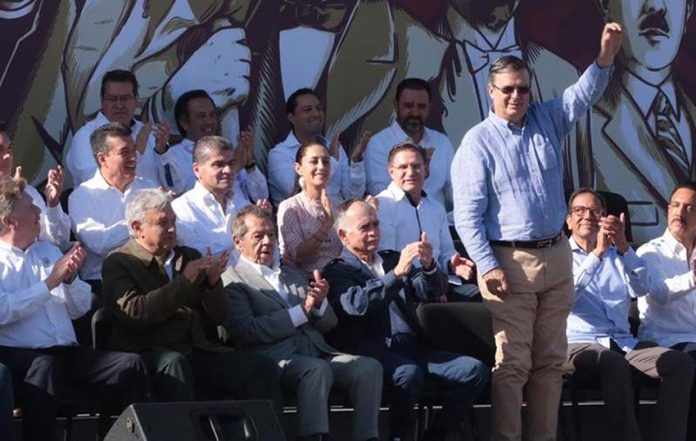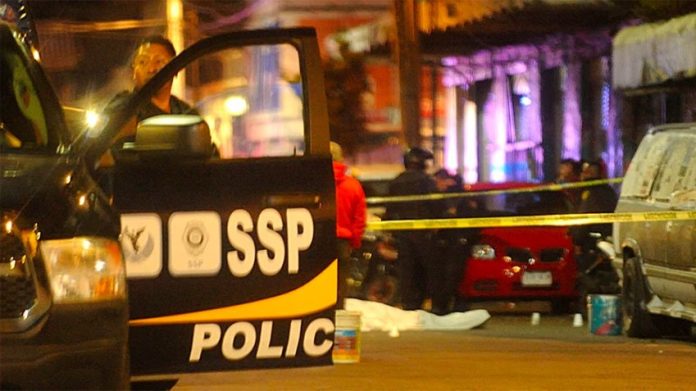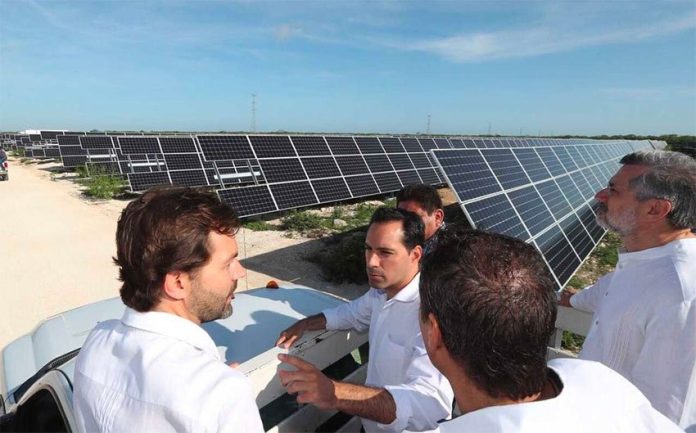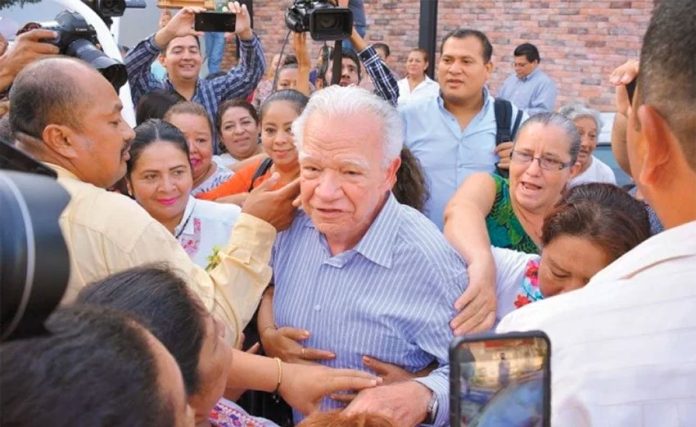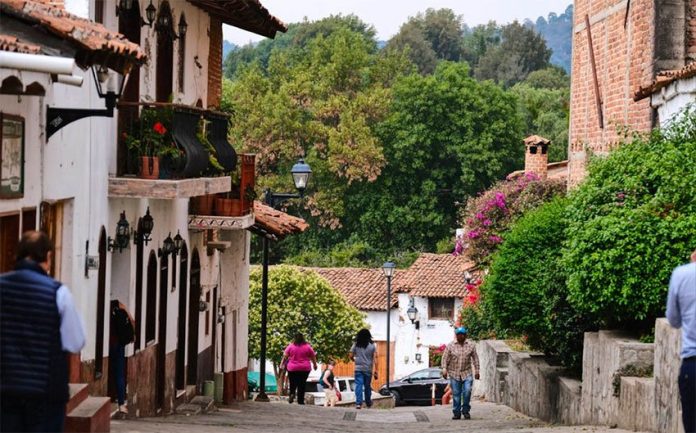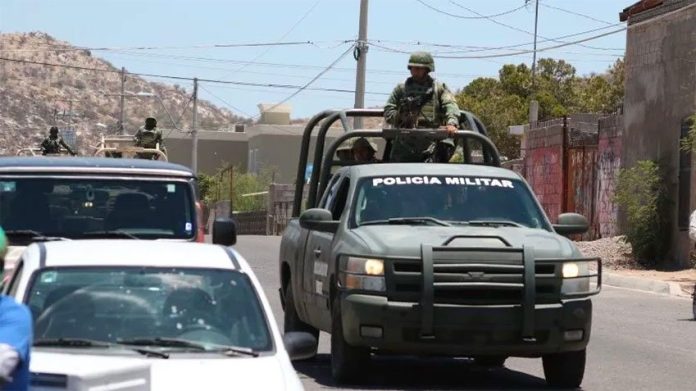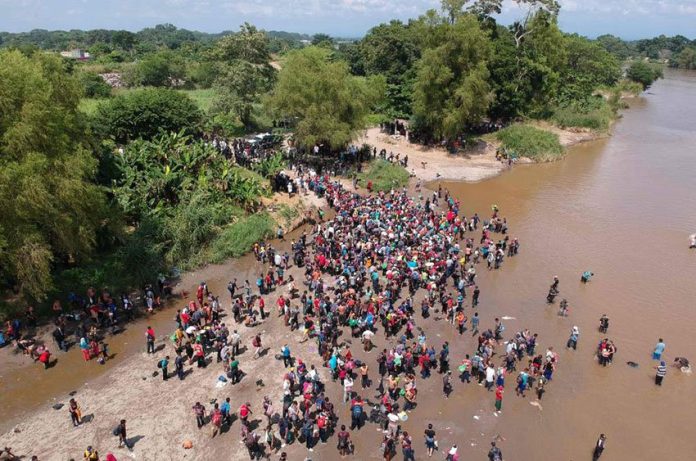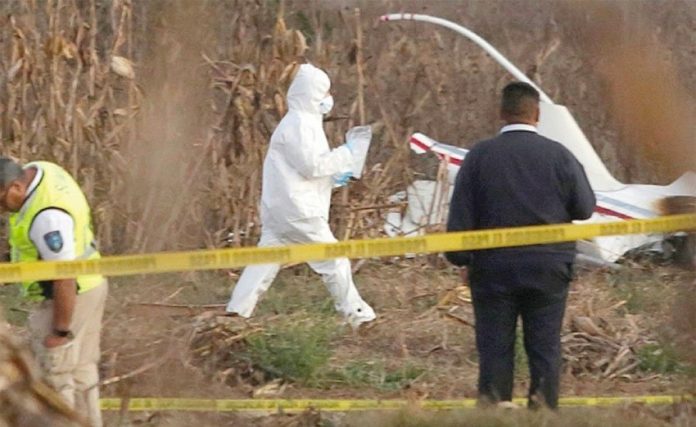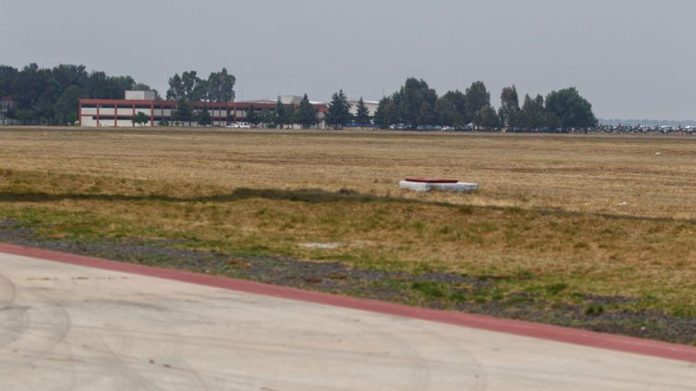United States President Donald Trump today threatened to impose tariffs on Mexican exports if Mexico’s Congress doesn’t approve an unrevealed part of the migration agreement that the two countries reached last week.
“We have fully signed and documented another very important part of the immigration and security deal with Mexico, one that the U.S. has been asking about getting for many years. It will be revealed in the not too distant future and will need a vote by Mexico’s legislative body!” Trump said on Twitter.
“We do not anticipate a problem with the vote but, if for any reason the approval is not forthcoming, tariffs will be reinstated!”
But Mexican officials seem unaware of any additional pact.
Foreign Secretary Marcelo Ebrard said today that there is no unrevealed part of the migration agreement and later posted the text of the deal to his Twitter account.
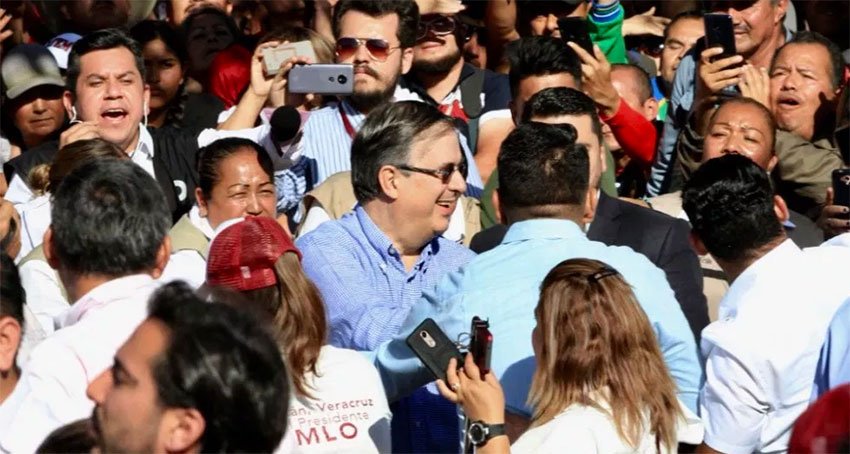
The new threat comes just three days after Trump announced that the United States and Mexico had reached an agreement that averted a 5% tariff on all Mexican goods that would have taken effect today.
As part of the deal, Mexico committed to sending 6,000 National Guard troops to the southern border and agreed to allow all migrants seeking asylum in the United States to remain in Mexico while they await a decision from authorities in the U.S.
However, the government refused to accept a “safe third country” agreement which would force Central American migrants to seek asylum in Mexico rather than in the United States.
There has also been some mystery over Trump’s claim that Mexico will buy more agricultural products from the U.S.
At the president’s press conference this morning, he was questioned about a tweet by the U.S. president on Saturday that stated “Mexico has agreed to immediately begin buying large quantities of agricultural product from our great patriot farmers!”
Ebrard responded: “I think that he’s referring to what we said at the [negotiating] table, that the impact of the 5% tariff . . . would be a gross domestic product decline of 1.12% this year, exports would fall between 7.7% and 22.1%, likewise imports – one of the most imports are grains. And in Mexico 1.2 million jobs would be lost.
We have fully signed and documented another very important part of the Immigration and Security deal with Mexico, one that the U.S. has been asking about getting for many years. It will be revealed in the not too distant future and will need a vote by Mexico’s Legislative body!..
— Donald J. Trump (@realDonaldTrump) June 10, 2019
“. . . By not applying the tariffs, he [Trump] must be calculating that there’s going to be a bigger boost to economic growth and with that, grain imports will increase but we don’t have a specific agreement of that nature.”
The foreign secretary stressed that the agreement reached with the United States is about migration, not trade.
Ebrard said the measures Mexico agreed to with respect to reducing the movement of Central American migrants will be evaluated after 45 days.
He explained that there is no specific migration reduction target but noted that United States authorities want to cut the number to zero.
However, Ebrard claimed that any reduction in the number of migrants crossing the northern border would show that the steps taken by Mexico are working.
If the results aren’t favorable, Mexico will once again sit down with the United States as well as Central and South American countries to develop a “regional system” to address migration causes, the foreign secretary said.

U.S. Customs and Border Protection agents apprehended more than 132,000 people who entered the country between ports of entry in May, the highest monthly level since 2006, and almost 200,000 undocumented migrants were arrested in April and May.
Trump used the rising arrest numbers to justify the escalating tariffs he planned to impose on Mexico, and to pressure the country to do more to stem migration flows.
While there are concerns that the large deployment of the National Guard to the southern border could undermine the new security force’s capacity to combat high levels of violence in other parts of the country, Ebrard has won praise for reaching an agreement that averts a trade war with Mexico’s largest trading partner.
At a large political rally in Tijuana on Saturday, the foreign secretary was given a rousing reception by citizens and the municipal, state and federal politicians who were in attendance, including President López Obrador and 23 governors.
Addressing the crowd, Ebrard said “I’m arriving from Washington . . . if you can tell that I’m a little tired it’s because we worked a lot of hours to avoid . . . the imposition of tariffs on Mexico on Monday.”
“There are no tariffs . . . and we left with our dignity intact,” the foreign secretary declared after which the rally attendees broke into rapturous applause and chanted “Marcelo! Marcelo!”
Ebrard said the tariffs would have been catastrophic for the Mexican economy, charging that foreign investment would have dropped, jobs would have been lost, prices would have risen and that ratification of the new North American trade deal would have been placed in doubt.
While the foreign secretary won widespread acclaim for “defusing Trump” – as one Mexican newspaper headline declared – the praise for Ebrard and the federal government wasn’t universal.
The national president of the opposition National Action Party accused the government of being submissive to the United States.
“It’s good that the threat of tariffs on Mexican products hasn’t materialized but it’s wrong . . . that in exchange for that, Mexico has agreed to do the United States’ dirty work. By submitting to and accepting Trump’s conditions without bargaining, López Obrador sullied our sovereignty,” Marko Cortés said.
“The president owes Mexicans an explanation because with what is known up to now, we’re going to become part of the wall that Donald Trump so desires.”
Nevertheless, López Obrador said today that he was “very happy” with the agreement struck with the United States, declaring that an “economic and financial crisis” was avoided.
The president also said he will meet with his cabinet today to “strengthen all the [government’s] development, well-being and migrant-support policies.”
Source: Reuters (sp), El Financiero (sp), El Universal (sp), Milenio (sp)
